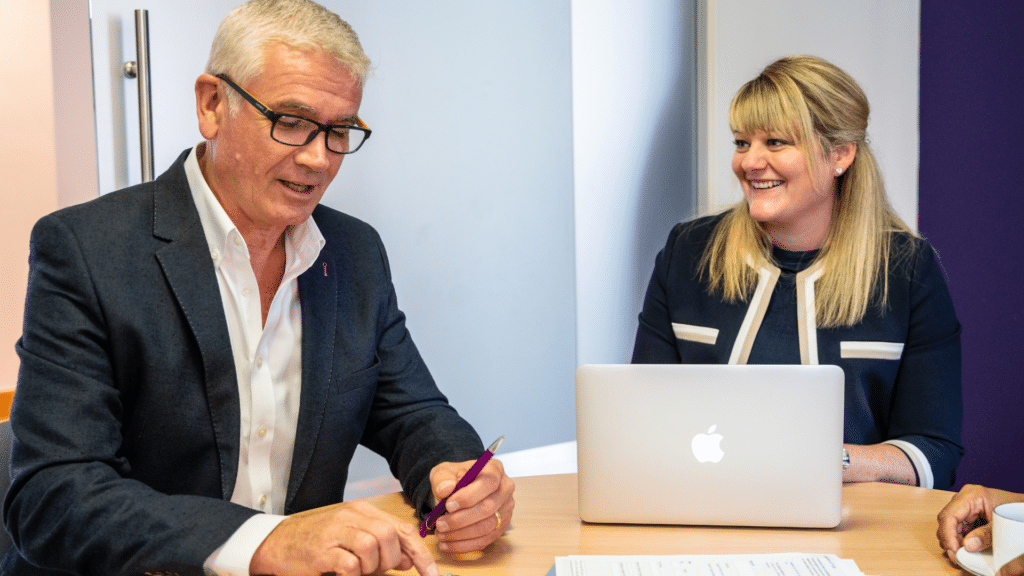Understanding Asset Division in Divorce: Why Seeking Legal Advice is Important

Divorcing spouses often have questions about how assets are divided in a divorce, which can lead to delays in obtaining a financial remedy order. Disagreements about contributions and needs can increase conflict. There is no hard and fast rule for the division of assets following a separation as no two relationships are the same. It is important to seek advice from a family law specialist to secure a favourable outcome.
Courts refer to UK case law and the Matrimonial Causes Act 1973 to determine asset division in divorce. The act provides guidelines for property, pensions, savings, and child maintenance, with the welfare of children taking precedence. The court’s use of its powers is influenced by the number of children or dependents affected. This discretionary aspect makes applying a single rationale to divorce cases challenging.
The Matrimonial Causes Act 1973 lists factors the courts consider when dividing assets in a divorce, including financial resources, needs, standard of living, age, disabilities, contributions, and benefits. These factors serve as a guide rather than a strict procedure to help the court decide how to use their discretion. A 50/50 split is a broad starting point but not fixed.
Courts can choose from several orders to divide assets in a divorce including cash payments, transfer or sale of the shared property, pension sharing, and maintenance. The court’s approach is at their discretion and depends on several factors such as child welfare, available assets, financial needs, age and duration of the marriage, lifestyle, incapacity, contributions, loss of benefit, and extreme or hostile behaviour. The process involves three hearings, the first appointment, the financial dispute resolution meeting, and the final hearing.
Asset division in a divorce may not be straightforward due to several factors, including high-value assets, family businesses, overseas assets, trusts, and investments. Seeking legal advice is crucial, especially in complex cases. For more information, click here or contact us today on 03452073728.




